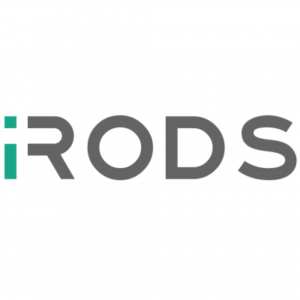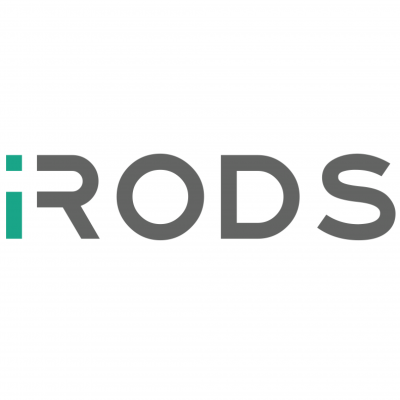 Attendees of SC16 who are interested in open source data management will have plenty of opportunities to learn about the integrated Rule-Oriented Data System (iRODS) and the new iRODS 4.2, which will be released just in time for the conference.
Attendees of SC16 who are interested in open source data management will have plenty of opportunities to learn about the integrated Rule-Oriented Data System (iRODS) and the new iRODS 4.2, which will be released just in time for the conference.
iRODS, is free open source software for data discovery, workflow automation, secure collaboration, and data virtualization. A team of software engineers based at the Renaissance Computing Institute (RENCI) at UNC-Chapel Hill develop iRODS and the software is sustained by the iRODS Consortium, a membership-based organization with 15 active members in the U.S. and Europe. SC16 attendees can visit the RENCI booth #3628 on the SC show floor during regular exhibit hours to learn about what’s new in iRODS 4.2, hear case studies, and see demonstrations from iRODS developers and Consortium members.
The new iRODS 4.2 integrates best practices of iRODS Consortium members and the larger iRODS community and standardizes message formats and payloads. Highlights of the upgrade include:
- A Messaging Framework that allows iRODS to asynchronously reach out to external services via an Advanced Message Queuing Protocol (AMQP) message bus. When combined with the new Rule Engine Plugin Framework, it creates a fine-grained, fast system for message dispatch.
- Support for reference implementations across a variety of use cases and vertical integrations. So far these implementations include: an auditing system of every operation within an iRODS deployment; an indexing system to handle partial and full-text indexing of data objects and metadata stored in an iRODS deployment; and metadata storage through an external service that can store large numbers of metadata attributes associated with data stored in iRODS.
- The aforementioned Rule Engine Plugin Framework that allows rules to be defined in multiple languages, such as C++ and Python. The framework also allows users to simultaneously run multiple rule engine plugins and rule bases, which in turn allows for the creation of special purpose rule engines. When used with the new messaging protocol, these special rule engine plugins can publish any or all policy enforcement points and associated data to the AMQP message bus for ingest or action.
Attend the free workshop on iRODS
Those who want to dig deeper into iRODS 4.2 are encouraged to attend a free workshop sponsored by iRODS Consortium member DDN from 9 a.m. – 11 a.m. Monday, Nov. 14, in the Wasatch Room at the Radisson Hotel Salt Lake City Downtown, 215 S. Temple. To register, please visit .
The workshop will include information about installing and upgrading iRODS and an overview of the consortium’s new use of APT and YUM repositories for managing software installation. Other topics to be covered include: composable resources, an iRODS feature that allows the user to encode data management policies in a decision tree; workflow automation, a process that encodes policies into machine-actionable rules; and rule engine plugins, the feature that allows users to write iRODS plugins in commonly used programming languages such as Python and C++. A question and answer session will wrap up the workshop.
All workshop attendees will be expected to bring their own laptop with a Secure Shell (SSH) client. Amazon’s Elastic Compute Cloud (EC2) instances will be provided for the workshop.
As home of the iRODS development team and the iRODS Consortium, the RENCI booth #3628 will also feature a wide range of iRODS presentations. Presentation titles and times are listed below, but members of the iRODS development team and the iRODS Consortium will be available all day in the booth to answer questions.
Sign up for our insideHPC Newsletter




